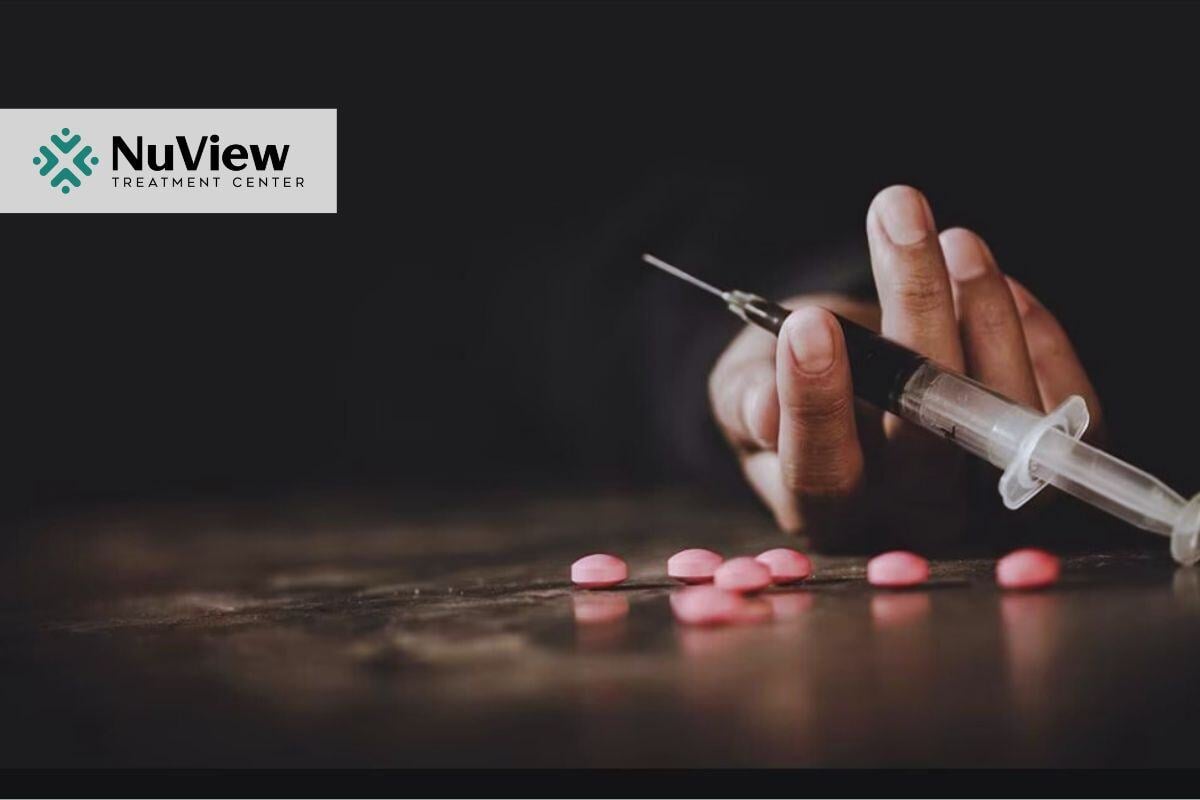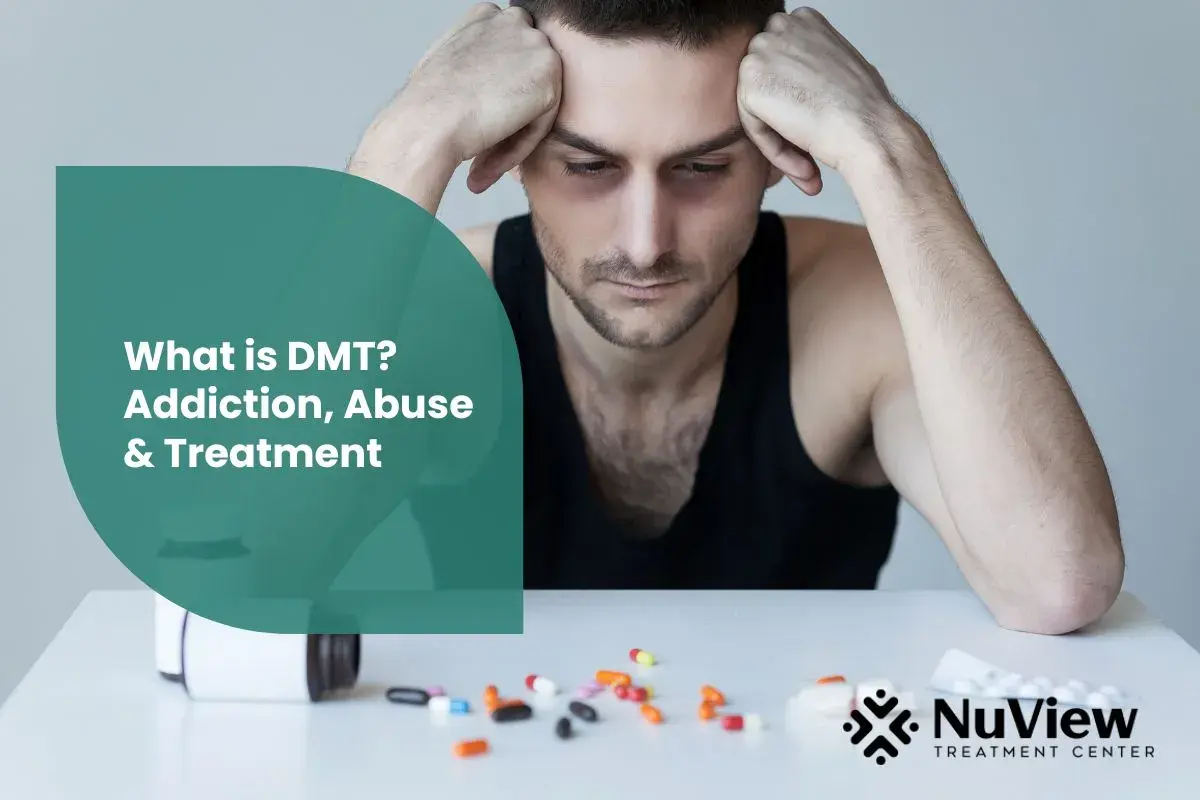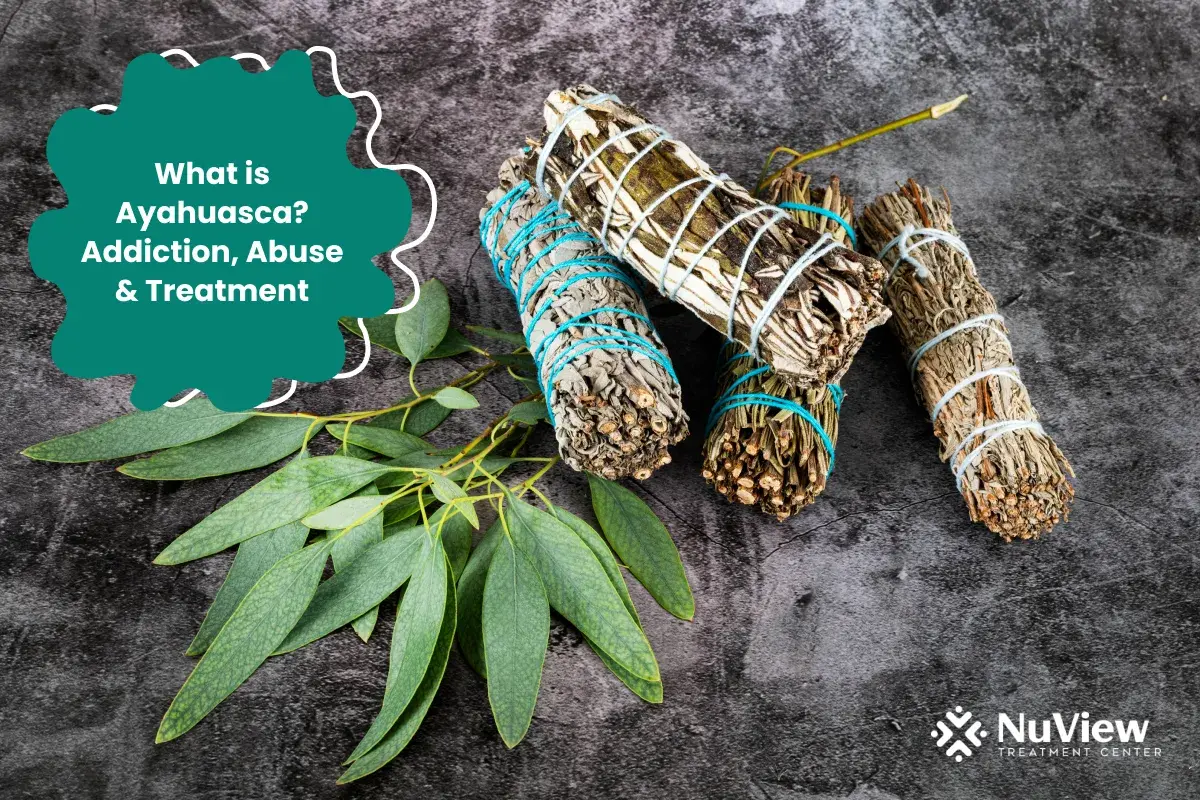What is Opioid Use Disorder?
Opioid Use Disorder (OUD) is a chronic disease characterized by the uncontrollable need to use opioids despite being extremely destructive to one's health, social life, or daily responsibilities. The severity of the disorder generally ranges from mild to severe, often leading to increased tolerance and dependence on the substance, with withdrawal symptoms appearing if usage is reduced or stopped.
OUD affects millions worldwide, with more than 2.1 million people in the United States alone; major comorbid risks include disability, recurrence, and even death. Good timing and effectiveness in opioid addiction treatment are crucial components for managing this disorder and avoiding its lethal complications.
Signs of Opioid Use Disorder
According to the Diagnostic and Statistical Manual of Mental Disorders (DSM-5) criteria for diagnosis of opioid use, at least two of the following signs should appear within a period of 12 months:
- Persistent opioid use despite worsening physical or mental health.
- Continued use despite having a social or interpersonal problem because of its use.
- Neglect of responsibilities to one's job or school.
- Reduced involvement in social or recreational activities.
- Taking more opioids than prescribed.
- Spending too much time obtaining, using, or recovering from opioids.
- Experiencing overwhelmingly strong desires for opioids.
- Continued use despite knowledge of the risks.
- Inability to cut down or control opioid intake.
- Developing tolerance wherein it requires more opioids to achieve the same effect.
- Experiencing withdrawal symptoms or using opioids to avoid withdrawal.
Get Started With Nuview Treatment Center
Our dedicated professional staff is here to guide you or your loved one on the journey to lasting recovery, offering support every step of the way.
Withdrawal Symptoms of Opioid Use Disorder
When someone with Opioid Use Disorder stops taking opioids, it usually precipitates withdrawal symptoms within six to 24 hours after abstinence from drug use. The timing is dependent on the specific opioid that has been used.
The common symptoms of opioid withdrawal include:
- Sweating
- Anxiety
- Chills
- Agitation
- The abdominal cramping
- Nausea and vomit
- Muscle aches
- Insomnia
These symptoms can intensify over 72 hours before resolving. Though opioid withdrawal is rarely life-threatening, it can nonetheless be quite intense and requires supportive care.
What are the Causes of Opioid Use Disorder?
While opioids are used to treat pain, they can produce a euphoric sensation, or "high," which may indicate an increased vulnerability to developing a substance use disorder for some individuals.
There are a number of risk factors that can increase the possibility of developing OUD, including:
- Continued availability and access to opioids on a regular basis.
- A history of substance use disorders oneself or in the family.
- Mental health disorders, such as depression or post-traumatic stress disorder.
- Early exposure to the use of substances among friends or family.
- A history of childhood or adolescent conduct disorders.
- History of abuse or trauma in childhood.
Get Started With Nuview Treatment Center
What are Treatments for Opioid Use disorder?
Treatment for Opioid Use Disorder must address both the physical dependence and the psychological components of substance use. At NuView, we offer a variety of evidence-based treatments, each tailored to meet the unique needs of every patient.
1. Medication-Assisted Treatment (MAT)
One of the most effective treatments for OUD is MAT. Thus, this is a method that uses medications approved by the FDA together with counseling and behavioral therapies. The medications prescribed include:
- Methadone: Helps prevent the withdrawal symptoms and reduces craving without causing euphoria. Available only through special clinics.
- Buprenorphine: It only partially blocks the effects of opioids, hence diminishing the symptoms of withdrawal and craving. It is available in a number of different forms, one of which, in combination with naloxone, is Suboxone, a medication designed to discourage misuse.
- Naltrexone: It blocks the euphoric feelings of opioids; hence, staying abstinent is easier. This drug comes either in pill form or sometimes as a nasal spray.
2. Behavioral Therapies
Counseling and behavioral therapies are an integral part of OUD treatment. Behavioral therapies promote changes in the patient's attitudes and behaviors related to drug use and teach healthier ways to cope with life stressors.
- Cognitive Behavioral Treatment (CBT): This is implemented to identify and change negative thought patterns and behaviors involved in opioid abuse.
- Motivational Enhancement Therapy: Reduces ambivalence toward the treatment and enhances commitment toward recovery.
- Family Counseling: This involves the family members in the treatment process to improve communication and support the patient's recovery journey.
- Mutual Help Groups: These include Narcotics Anonymous NA, among others, which provide the necessary peer support and a sense of belonging in the recovery process. Such groups ensure more support for one to uphold one's commitments to recovery.
3. Outpatient and Residential Programs
The programs might include outpatient counseling, intensive outpatient programs, or residential treatment, depending on the severity of the disorder. Nuview offers flexible treatment options so that one gets the proper care required for their needs and manages daily responsibilities.
How Can I Prevent Opioid Use Disorder?
Preventing opioid use disorder (OUD) involves proactive steps and informed decisions:
- Discuss non-opioid pain management options with your healthcare provider.
- Take your opioids only as directed by your doctor. Do not take extra doses or take a refill too early.
- Never break, chew, or crush opioid pills; also, avoid taking more medication than prescribed and ingesting it more often than directed.
- If your medication is not working or you are feeling dependent on it, talk with your doctor rather than taking a higher dose.
- Keep your opioids in a safe place, away from children and other people. Never give or sell your medication to others.
- Safely dispose of leftover opioids through community take-back programs or pharmacy mail-back services.
- Talk to your children about the dangers of opioids and reinforce proper use of all medications.
Suspect non-medical use or developing dependence in yourself or a loved one? Seek professional help immediately.
When to Seek Professional Help
Knowing when professional help is needed is an essential component of opioid use disorder treatment:
- If you use, or a loved one has strong, ongoing desires to use opioids.
- Difficulty in cutting down or controlling the use of opioids despite one's best efforts.
- If opioid use is impacting daily responsibilities, relationships, or health.
- Experiencing withdrawal symptoms when one tries to stop or cut down on opioid use.
- Continued use of opioids despite awareness of the harmful effects on health.
- If there is any concern about the risk of overdose or if an overdose has already occurred.
The sooner the help is sought, the more difference can be made. Nuview provides comprehensive opioid addiction treatment, which is individualistic and hence can promise support and guidance at every step of the recovery process.
- What is Opioid Use Disorder?
- Signs of Opioid Use Disorder
- Withdrawal Symptoms of Opioid Use Disorder
- What are the Causes of Opioid Use Disorder?
- What are Treatments for Opioid Use disorder?
- How Can I Prevent Opioid Use Disorder?
- When to Seek Professional Help
- What is Opioid Use Disorder?
- Signs of Opioid Use Disorder
- Withdrawal Symptoms of Opioid Use Disorder
- What are the Causes of Opioid Use Disorder?
- What are Treatments for Opioid Use disorder?
- How Can I Prevent Opioid Use Disorder?
- When to Seek Professional Help
Get Help Today!
Everyone is Welcome Here and We All Have Your Back
Your healing journey deserves a personalized approach. At NuView, we integrate expertise in behavioral therapy, mental health, and substance use treatment to create a customized recovery plan tailored to your unique needs.
Connect with our Admissions Specialists today.







Written By
Dr. Ryan Peterson